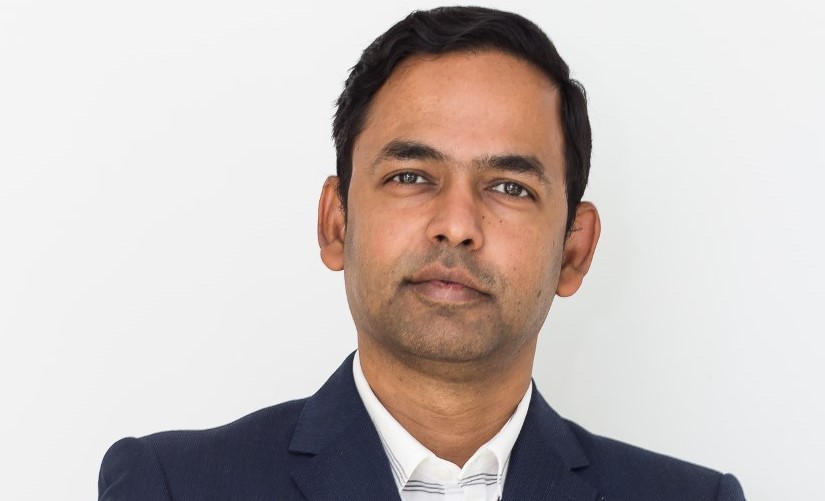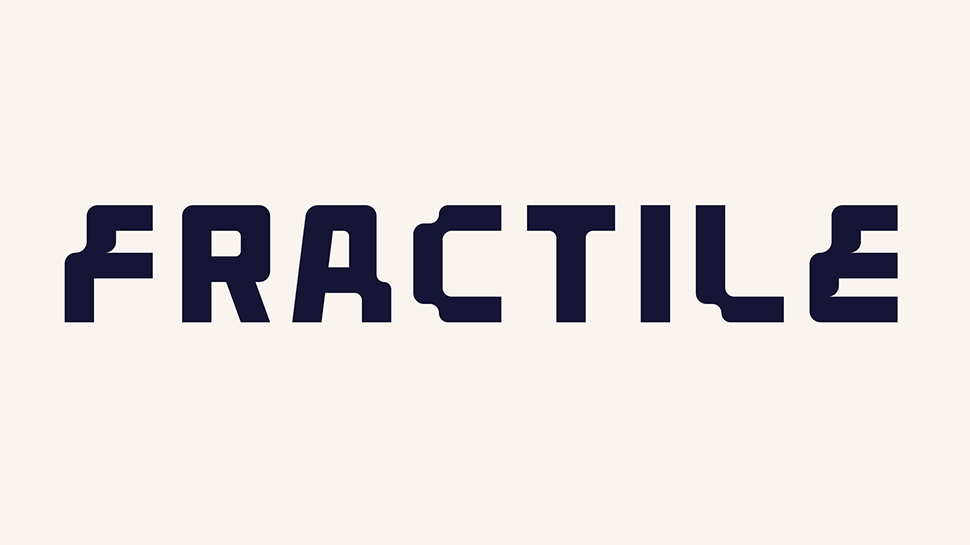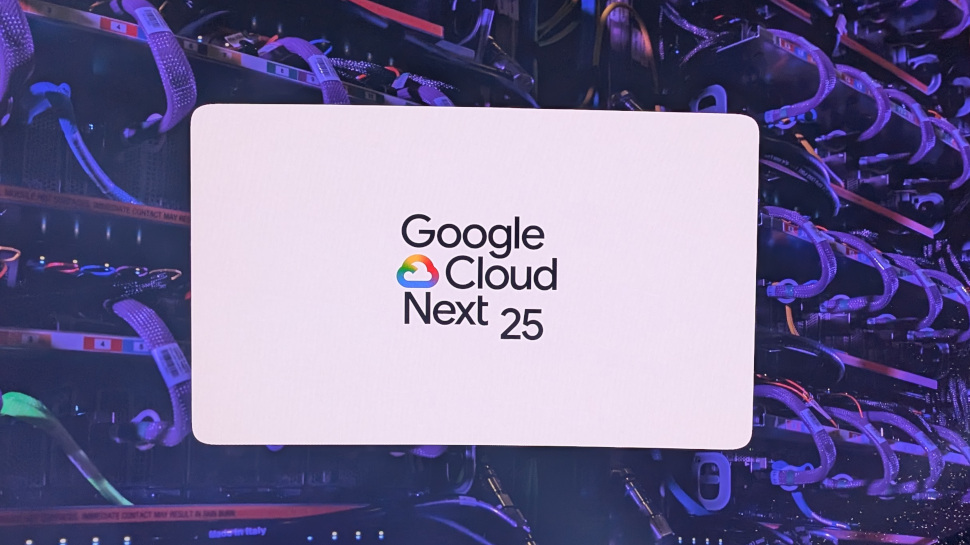Desert Adventures starts to reap harvest from digital transformation journey
Sees savings of $1m in next two to three years, apart from new revenue opportunities, by moving to Oracle cloud

The Dubai-based destination management company - Desert Adventures – has taken bold steps into the digital transformation journey in the last two years in a bid to become more agile and flexible.
Senthil Velan, Chief Operating Officer at Desert Adventures, told TechRadar Pro Middle East, that his first role was to use technology to expand the distribution network of the company. Desert Adventures has been in the region for more than 20 years and it is one of the largest destination management companies in the Middle East, covering the UAE, Jordan and Oman.
It was started by an entrepreneur and was taken over by Kuoni, one of the leading leisure travel organisations in 2010, and now it is a wholly-owned subsidiary of Thomas Cook (India) Ltd.
Even though some of the destination management companies (DMCs) have moved on with the technology, some are still relying on emails, Velan said.
“My objective was to convert 90% of the traditional bookings and 10% of the digital bookings to 70% digital bookings in the last two years,” he said.

The company sourced a good tourism management application called TravelBox, from CodeGen in Sri Lanka, to make bookings as well as connect to suppliers and distribute hotel inventory to multiple tour operators worldwide.
TravelBox was running on on-premises but Velan lifted and shifted to the cloud within six to nine months without any difficulties with the help of Oracle Cloud Infrastructure.
Are you a pro? Subscribe to our newsletter
Sign up to the TechRadar Pro newsletter to get all the top news, opinion, features and guidance your business needs to succeed!
“We don’t have a large IT department to conduct an elaborate vendor analysis. I selected two vendors, Oracle and AWS, and looked at their capabilities, numbers and cost of ownership. I found Oracle to be a better option in terms of cost of ownership,” he said
Cloud absorbs irregular spike in demand
As the company is seeking to expand its source markets and suppliers, he said the requirements for IT infrastructure is bound to increase.
“We need to be prepared to handle the spike in demand without the visibility and the cloud has enabled me to handle the irregular spikes in a very efficient manner. We see a savings of $1 million in the next two to three years, apart from the enhanced revenue opportunities by moving to the cloud,” he said.
“My sales and operational teams don’t realise there’s a system running, because it all runs smoothly. That confidence is priceless,” he said.
Without business for the last six months, he said: “I would have still incurred the infrastructure and resource costs with the on-prem but with the cloud, I can seamlessly reduce the usage and business volumes and has helped me in cost savings during Covid-19.”
Moreover, he said that the opportunity is the ability to expand your business portfolio without worrying about the IT infrastructure and cloud is the “way to go” at this age.
According to research firm International Data Corporation, spending on public cloud is expected to increase from $2.6 billion in 2020 to $6 billion by 2024, at an annual rate of 23% across the Middle East, Turkey and Africa.
“The travel and tourism industry has been severely impacted, like others, during Covid-19. There have been no tourists into the UAE between March and July despite the first two months registering a year on year 15% growth. But, we are seeing green shoots from the last quarter of the year amid a 50% fall compared to the same period a year ago.
“We are getting bookings from Russia, the UK and the US, assuming the countries open up their airlines. Like IPL, which is expected to be held in the UAE, is going to turn out to be a good catalyst for the Indian market. In 2020, we expect our revenues to be down by about 70% compared to last year,” Velan said.
For DMCs, which works with tour operators globally, he said the first three and the last three months constitute 70% of the business.
Desert Adventures works with about 700 tour operators globally and is a pure business-to-business player.
More automation on way
In the next six months, Velan said the company will be offering its services to 10 destinations and it would not be possible without the “technology”.
The company, currently, has invested in robotic process automation (RPA), to handle its increased bookings for the last quarter of the year and the first quarter of next year.
“We have three software bots running in the organisation right now to automate rule-based repetitive tasks. One of the key focus was to automate emails as we still get about 40% of the quotations from customers by emails,” Velan said.
He is working with a German vendor to bring in natural language processing (NLP) to interrupt the emails, interact with the systems and automatically send quotations back to customers without its reservation staff getting involved.
“Digital transformation journey started in 2017 and we are 75% digitally transformed. I very confident of what we have achieved in the last two years but there is more to be automated,” he said.
“People assume that automation means identify technology and it does magic. Automation requires you to understand your business problem, to understand the industry capability that is available for you and make sure that you marry your business requirements with industry and vendor capabilities.
All three have to fall in place and once they fall in place, he said the cost has to make business and economic sense.
“So, if all the pieces do not fall in place, sometimes you end up with a divorce and that is what is happening in a lot of automation projects. I am very cautious about these pieces to make sure we tick the right boxes before embarking on a journey,” he said.











